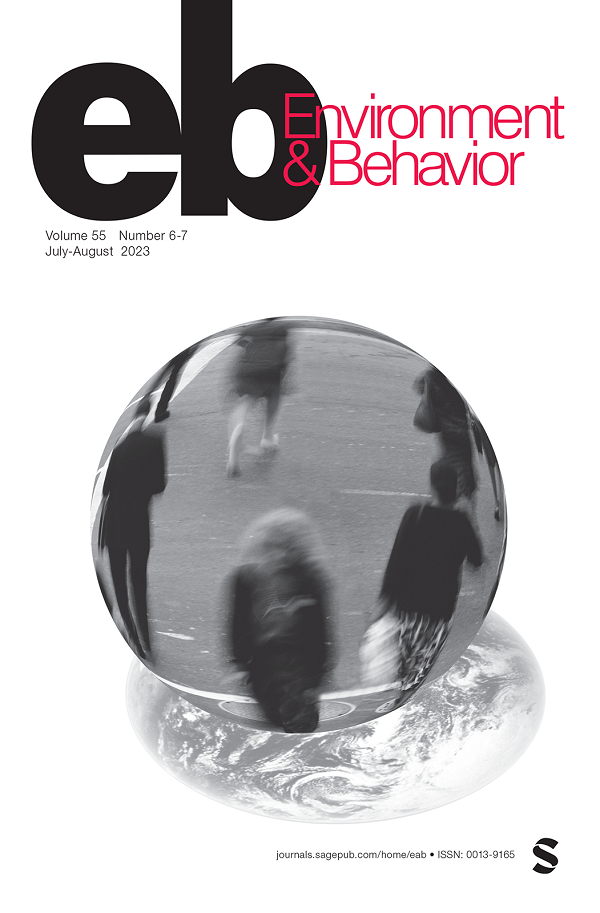传达关于气候变化的科学共识:不同的受众和随时间的影响
IF 4.6
2区 心理学
Q1 ENVIRONMENTAL STUDIES
引用次数: 5
摘要
先前的研究表明,传播人类引起的气候变化正在发生的科学共识是提高公众对这一问题的理解和参与的有效途径。然而,关于(1)这条信息对对立的受众有多有说服力,(2)信息的影响持续多久,以及(3)什么因素预测这种影响是否会持续,我们知之甚少。我们在一项两波纵向研究中解决了这些问题,并发现共识信息导致全球变暖的六个美洲更新了共识信念。虽然共识治疗效果会随着时间的推移而衰减,但原始治疗效果的40%在26天后仍然存在。此外,在对气候变化持怀疑态度或不屑一顾的人群中,这种治疗效果最为持久。我们的研究结果解决了文献中正在进行的争论,并支持贝叶斯学习视角,几乎没有证据表明动机推理。本文章由计算机程序翻译,如有差异,请以英文原文为准。
Communicating the Scientific Consensus on Climate Change: Diverse Audiences and Effects Over Time
Prior research has demonstrated that communicating the scientific consensus that human-caused climate change is happening is an effective way to increase public understanding and engagement with the issue. However, less is known about (1) how persuasive this message is to oppositional audiences, (2) how long message effects last over time, and (3) what factors predict whether such effects last. We address these questions in a two-wave longitudinal study and find that consensus messaging leads to updated consensus beliefs across Global Warming’s Six Americas. Although consensus treatment effects decay over time, 40% of the original treatment effect remains 26 days later. Additionally, the treatment effect is most durable among people Doubtful or Dismissive of climate change. Our findings address an ongoing debate in the literature and support a Bayesian learning perspective, with little evidence of motivated reasoning.
求助全文
通过发布文献求助,成功后即可免费获取论文全文。
去求助
来源期刊

Environment and Behavior
Multiple-
CiteScore
13.30
自引率
1.80%
发文量
13
期刊介绍:
Environment & Behavior is an interdisciplinary journal designed to report rigorous experimental and theoretical work focusing on the influence of the physical environment on human behavior at the individual, group, and institutional levels.
 求助内容:
求助内容: 应助结果提醒方式:
应助结果提醒方式:


